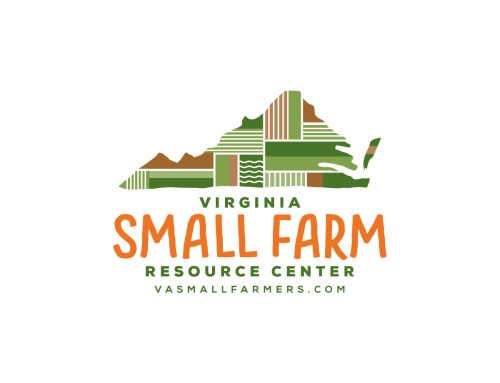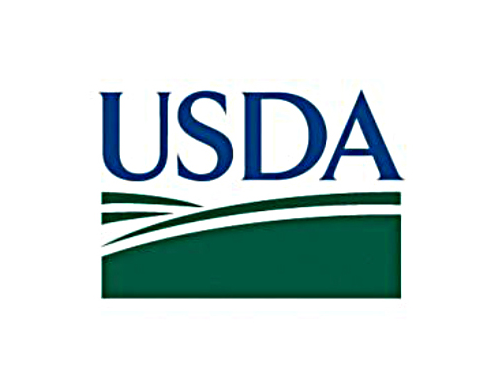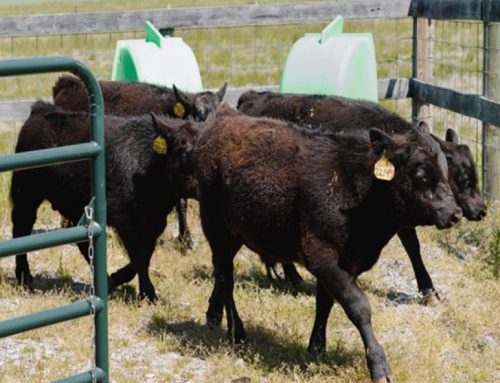There are several tips for late summer that will help your livestock thrive:
- Always observe proper withdrawal times on dewormers, antibiotics and other drugs
before sending any animals to be harvested. - Have your veterinarian perform a breeding soundness exam on bucks and rams.
- Check udders on does and ewes; cull any with noticeable problems.
- Provide livestock access to minerals, fresh water and shade at all times.
- Plan ahead. Seed winter annuals in September for late fall and early spring grazing, this
includes rye, ryegrass, crimson clover, vetch, oats and brassicas.
Health and Safety
Farming is one of the most dangerous industries in the U.S. with long hours, stress and fatigue
contributing to injuries. Prevent accidents and stay safe:
- Inspect and make repairs to the machinery before the busy season.
- Always shut off the power before leaving the operator’s seat.
- Replace all missing safety shields, especially on power and rotating equipment.
- Check that all lights, flashers and reflectors on your machine are working properly.
- Replace any that are not functional.
- Always use your lights, flashers and reflectors when traveling on any road or highway.
- Clean or replace “Slow Moving Vehicle” emblems that are not clean and bright.
- Never, ever enter a manure pit, grain bin or silo without following confined-space entry procedures. Not following proper procedures could be lethal.
Visit: https://bit.ly/Confined_Ag_Spaces.
Take time to learn CPR, First Aid and Emergency Response protocols. Never assign a job to a child unless you are positive they are physically and mentally ready to perform the job safely.
Summer Ag Tips from our SFOP Program Assistants
Livestock/Fish/Poultry
There are several tips for late summer that will help your livestock thrive:
Always observe proper withdrawal times on dewormers, antibiotics and other drugs before sending any animals to be harvested. Have your veterinarian perform a breeding soundness exam on bucks and rams. Check udders on does and ewes; cull any with noticeable problems. Provide livestock access to minerals, fresh water and shade at all times. Plan ahead. Seed winter annuals in September for late fall and early spring grazing, this includes rye, ryegrass, crimson clover, vetch, oats and brassicas.
Health and Safety
Farming is one of the most dangerous industries in the U.S. with long hours, stress and fatigue
contributing to injuries. Prevent accidents and stay safe:
- Inspect and make repairs to the machinery before the busy season.
- Always shut off the power before leaving the operator’s seat.
- Replace all missing safety shields, especially on power and rotating equipment.
- Check that all lights, flashers and reflectors on your machine are working properly.
Replace any that are not functional.
- Always use your lights, flashers and reflectors when traveling on any road or highway.
- Clean or replace “Slow Moving Vehicle” emblems that are not clean and bright.
- Never, ever enter a manure pit, grain bin or silo without following confined-space entry
procedures. Not following proper procedures could be lethal. Visit: https://bit.ly/Confined_Ag_Spaces. - Take time to learn CPR, First Aid and Emergency Response protocols.
- Never assign a job to a child unless you are positive they are physically and mentally
ready to perform the job safely.




